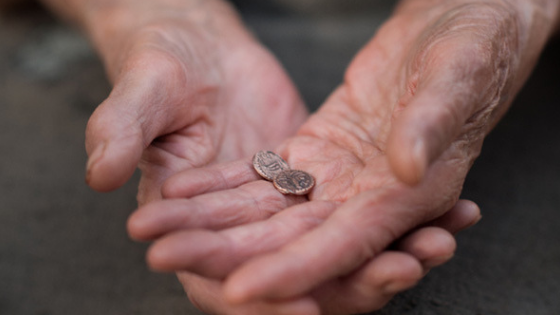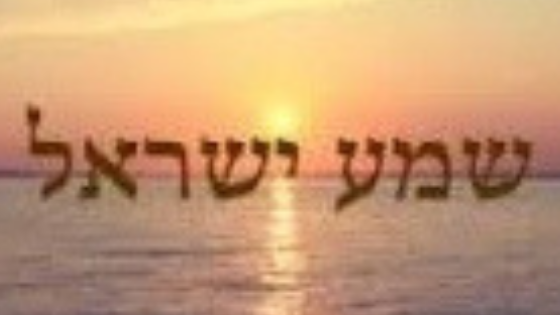
The Thirty First Sunday of the Year (5th November 2017)
Malachi 1:14b–2:2b, 8–10; Psalm 131; 1 Thessalonians 2:7b–9, 13; Matthew 23:1-12
Family disputes
Some of the worst disputes take place within families or between branches of the same religious family. The Gospel text for use in today’s liturgy is an example. It portrays Jesus in conflict with the Pharisees, a religious movement active in the land of Israel between 2nd century BCE and 1st century CE (Harrington, 56). It is thought that the Pharisees were the precursors of rabbinic Judaism and the group Jesus had most in common with (Levine, 527). The seemingly hard words coming from the mouth of Jesus may reflect the ways rival groups debated with one another in the first century and competed with one another in the late first century after the destruction of the Temple in 70 CE. The second group spoken of in this Gospel passage, the Scribes were people trained in the knowledge and interpretation of the Law.
In this chapter of Matthew, the authority of the Scribes and Pharisees is recognized using the image of their occupying the ‘’chair of Moses”, the person through whom God gave the Law to the people of Israel. The chair of Moses was also the name given to the special seat in ancient synagogues reserved for the most distinguished of the elders (Lachs, 366). Jesus tells his listeners to do and observe what the Scribes and Pharisees tell them but not to follow their example. His instruction is based on Deuteronomy 17:10, “Carry out exactly the decision announced to you…….diligently observing everything they instruct you”, a verse which became the biblical basis for rabbinic authority replacing that of the priests (Lachs, 366). It seems, however, that there were some Scribes and Pharisees who instructed people what to do but who failed to carry out the instructions themselves.
Matthew’s Gospel also indicates that the behavior of some of these two groups of people was not consonant with the protocol of the day. Phylacteries (the straps which attached the boxes worn by Jewish men to the forearm and to the forehead) were to be of a prescribed length. The tzitzit (fringes on the tephillin worn at prayer) were also required to be of a certain length. (Lachs, 366, 367) There was protocol regarding seating at banquets and in the synagogue and regarding greetings. If any of these protocols were ignored or if they were fulfilled with ostentation subsequent criticism was justified. Lachs points out that there are many statements in the Mishnah decrying self-aggrandizement (366).
Finally, Matthew has Jesus tell his disciples that they must not be called “Rabbi”. Lach discusses whether this teaching is anachronistic as the title “Rabbi” was not used until after the destruction of the Temple (367)
Reflection questions: 1.How would you counter those who assert that Matthew identified the Scribes and Pharisees as Jesus’ enemies? 2. Can you name any ways followers of Jesus are guilty of self-aggrandizement today?
Bibliography: Daniel Harrington, The Synoptic Gospels Set Free, (Paulist Press, 2009), Samuel Lachs, A Rabbinic Commentary on the New Testament, (Ktav, 1987), Amy Jill Levine (Ed), The Jewish Annotated New Testament, (Oxford, 2011)
This week’s Sunday Gospel Commentary was prepared by
Clare Jardine nds, BD, MA (Jewish Studies), Rome, Italy
clare@notredamedesion.org
[Copyright © 2017]
……………………………………………………
PLEASE NOTE: The weekly Gospel commentaries represent the research and creative thought of their authors, and are meant to stimulate deeper thinking about the meaning of the Sunday Scriptures. While they draw upon the study methods and sources employed by the Bat Kol Institute, the views and conclusions expressed in these commentaries are solely those of their authors, and do not necessarily represent the views of Bat Kol. Questions, comments and feedback are always welcome.
…………………………………………………………
Bat Kol Institute for Jewish Studies, Jerusalem
1983-2017
“Christians Studying the Bible within its Jewish milieu, using Jewish Sources.”
gill@batkol.info Website: www.batkol.info



